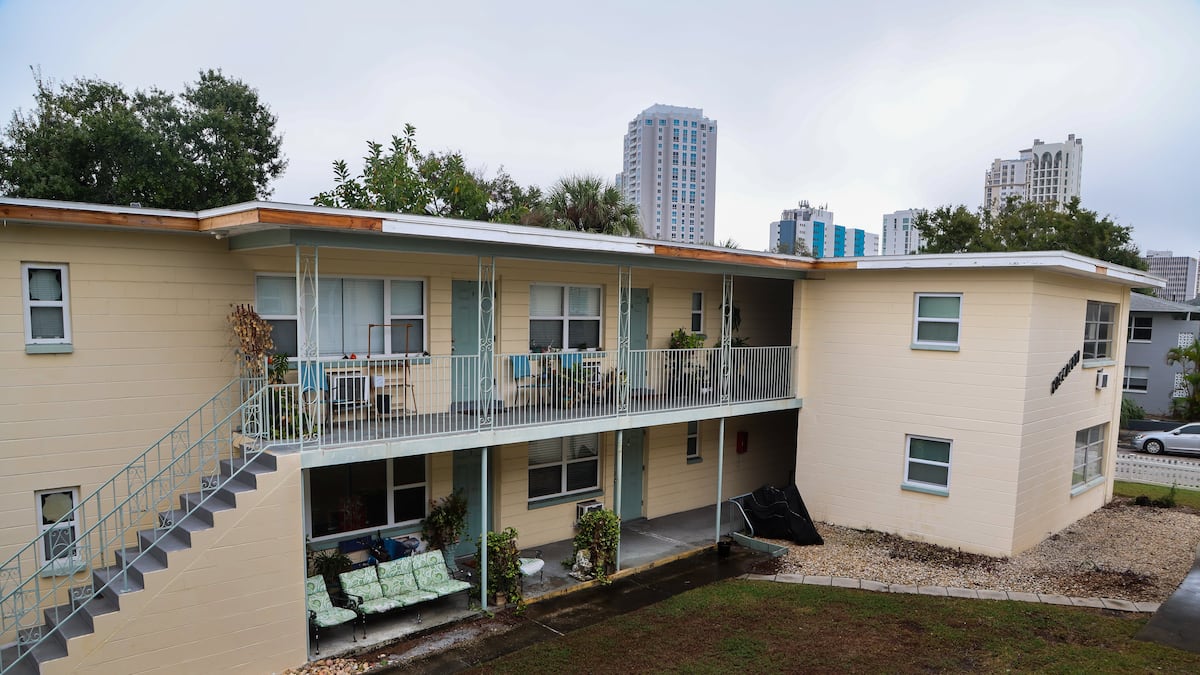R
ichard Hirsch, 61, and his wife Jill Strauss bought their two-bedroom co-op in Carnegie House on West 57th Street for $400,000 in the 1990s. The neighborhood was then known for its bargain shops and delis, not the luxury towers that now dominate Billionaires' Row. From their apartment window, they can see the silhouettes of Central Park's condominiums, which Hirsch jokingly calls "Thousandaires' Row." However, the joke has worn thin.
An arbitration panel recently ruled that the annual ground rent for Carnegie House should increase from $4.36 million to roughly $24 million, a 450% spike. If upheld by a court, this could send monthly costs soaring from about $5,000 to $13,000 for residents like Hirsch. "It's basically death," he said.
Carnegie House sits on leased land, a structure once intended to help middle-class New Yorkers buy homes but now increasingly used by wealthy landowners to reap profits from skyrocketing land values. The Ground Lease Coop Coalition estimates that over 25,000 New Yorkers live in such buildings, many of which are approaching lease renegotiation periods or expiration dates.
Residents like Hirsch and Strauss could see their monthly costs jump significantly due to the rent increase. David Jordan, an 83-year-old retired engineer who has lived in Carnegie House for two decades, said that when they signed the ground lease years ago, "the land value and the neighborhood were entirely different." None of them could have foreseen the explosive land inflation that's happened.
The current lease terms stem from a 2014 deal where an entity tied to real-estate investors Rubin Schron and David Werner paid $261 million for the land beneath Carnegie House. The sharp rent increase came after failed negotiations between the co-op and the landowners, who are now represented by a limited liability company.
"We remain open to good-faith discussions with Carnegie House residents should they wish to approach us," James Yolles, a spokesman for the landowners, said. However, he denied any plans to redevelop the site and noted that residents benefited from lower purchase prices because of the lease structure. Tenants have been aware of the potential rent increase when they purchased their homes.
The co-op board has vowed to challenge the rent increase in court and is working alongside the Ground Lease Coop Coalition to push for legislative relief. A 2024 bill proposed caps on rent hikes and expenses when leases expire, but it stalled. The Real Estate Board of New York opposed both versions, arguing that changing contracts retroactively is unconstitutional.
For residents like Sandy Dell, who bought her unit in 1998 for about $150,000, the rent increase has left them stunned and panicked. "I desperately need to paint and replace the carpeting," she said, "but I'm afraid to spend money on anything like that because I don't know what's going to happen with the apartment."














